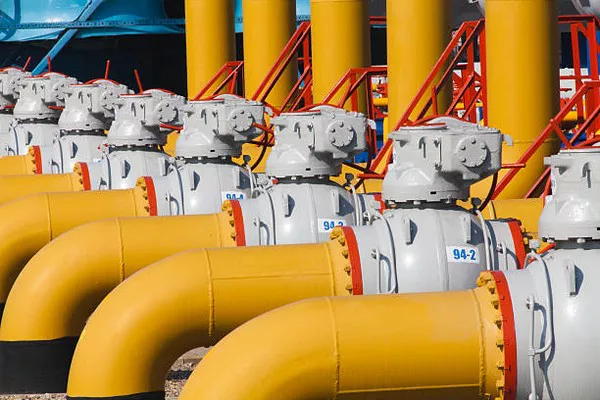Selecting the appropriate air conditioning (AC) compressor is critical to ensure optimal performance and efficiency of your cooling system. Whether you are replacing an old compressor or installing a new AC unit, various factors need consideration to determine the right compressor for your specific needs. In this guide, we delve into the functionality of AC compressors and provide insights to help you make an informed decision.
Understanding the Role of an AC Compressor
An AC compressor is the heart of your air conditioning system, responsible for pressurizing and circulating the refrigerant to facilitate the cooling process. It works in tandem with other components like evaporator coils, condenser coils, and expansion valves to regulate indoor temperature effectively.
The compressor operates by compressing the low-pressure, low-temperature refrigerant vapor it receives from the evaporator coils, transforming it into a high-pressure, high-temperature gas. This gas then flows to the condenser coils, where it releases heat to the outside environment and condenses into a high-pressure liquid. The liquid refrigerant then passes through the expansion valve, where it undergoes a pressure drop, leading to a decrease in temperature, before returning to the evaporator coils to repeat the cycle.
Factors to Consider When Choosing an AC Compressor
Compatibility: Ensure compatibility between the compressor and other system components, including the evaporator coils, condenser coils, and refrigerant type. Consult the manufacturer’s specifications and recommendations to avoid compatibility issues.
Cooling Capacity: The cooling capacity of the compressor should match the size and cooling requirements of the space it will serve. Undersized compressors may struggle to cool the area adequately, leading to inefficiency and increased energy consumption, while oversized compressors may cycle on and off frequently, resulting in temperature fluctuations and reduced lifespan.
Energy Efficiency: Opt for a compressor with high energy efficiency ratings to minimize electricity consumption and operating costs. Look for units with Energy Star certification or SEER (Seasonal Energy Efficiency Ratio) ratings, indicating superior energy performance.
Noise Levels: Consider the noise levels produced by the compressor, especially if it will be installed in a residential or noise-sensitive environment. Choose models with noise-reducing features or sound-dampening technologies for quieter operation.
Reliability and Durability: Prioritize compressors from reputable brands known for their reliability and durability. Quality construction and robust components can ensure long-term performance and reduce the need for frequent repairs or replacements.
Environmental Impact: Select environmentally friendly refrigerants, such as R-410A or R-32, which have lower ozone depletion and global warming potentials compared to older refrigerants like R-22. Minimizing environmental impact aligns with sustainability goals and regulatory requirements.
Warranty Coverage: Review the warranty terms offered by the manufacturer, including coverage duration and specific components included. A comprehensive warranty provides added peace of mind and financial protection against potential defects or malfunctions.
Types of AC Compressors
Reciprocating Compressors: Commonly used in residential and light commercial applications, reciprocating compressors employ a piston-cylinder mechanism to compress refrigerant gas. They are cost-effective and suitable for smaller cooling systems but may be less efficient and produce more noise compared to other compressor types.
Scroll Compressors: Scroll compressors utilize spiral-shaped scrolls to compress refrigerant, offering smoother and quieter operation compared to reciprocating compressors. They are widely used in residential and commercial air conditioning systems due to their efficiency, reliability, and compact design.
Rotary Compressors: Rotary compressors feature a rotating shaft with vanes or blades that compress refrigerant gas within a cylindrical chamber. They are commonly used in window air conditioners, portable units, and some commercial applications, offering compact size, lightweight construction, and relatively low noise levels.
Centrifugal Compressors: Primarily used in large commercial and industrial HVAC systems, centrifugal compressors employ centrifugal force to compress refrigerant gas. They are highly efficient, capable of handling high cooling loads, and operate quietly but require substantial space and investment.
Conclusion
Choosing the right AC compressor is essential for ensuring efficient and reliable operation of your air conditioning system. Consider factors such as compatibility, cooling capacity, energy efficiency, noise levels, reliability, environmental impact, and warranty coverage when making your selection. Consult with HVAC professionals or manufacturers for personalized recommendations based on your specific requirements and budget constraints. By investing in the appropriate compressor, you can enjoy consistent cooling comfort while minimizing energy consumption and environmental impact for years to come.

